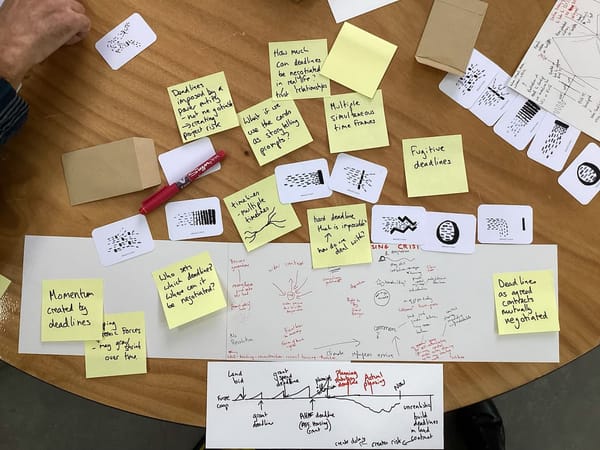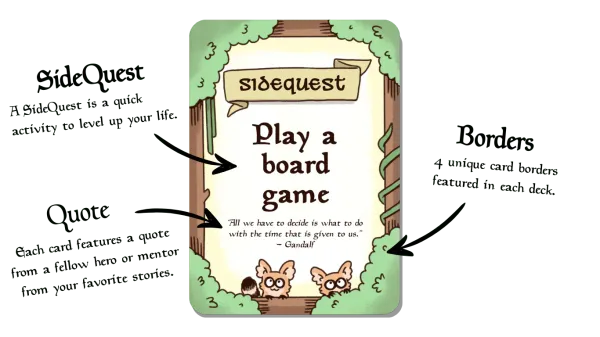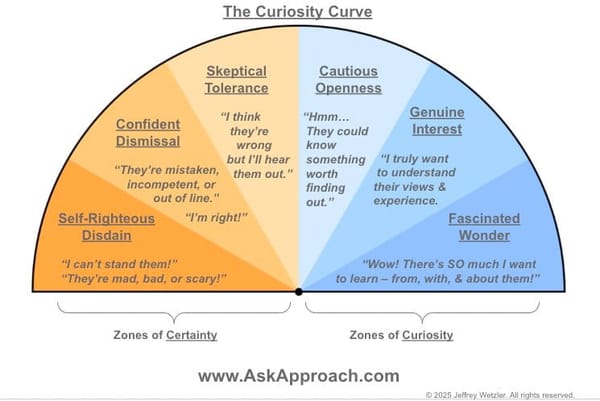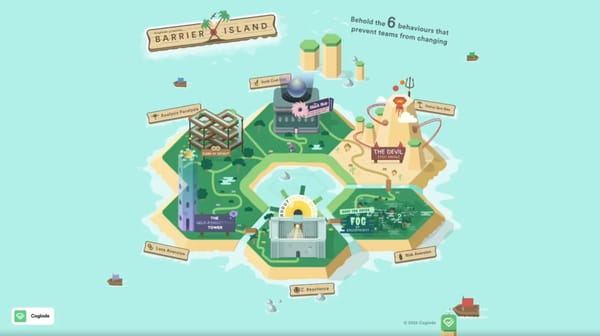№ 27 | The Estuarine Framework, Values, The Perils of LLM, A RACI Alternative, and Capping a Meeting
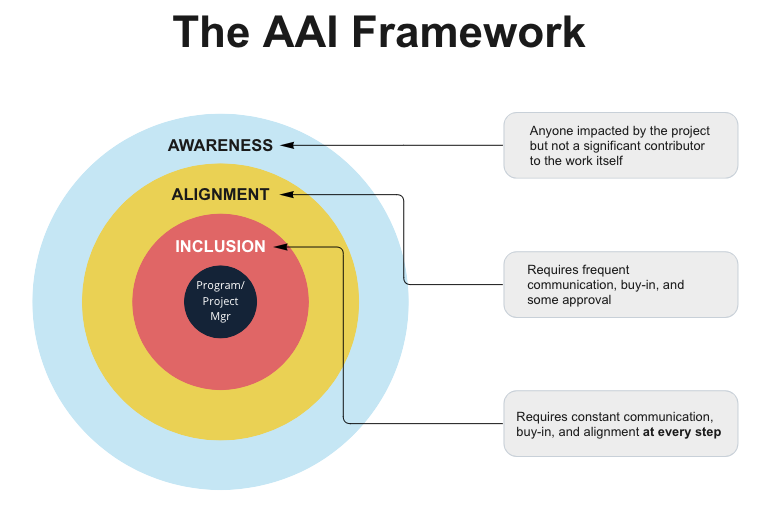
The Estuarine Framework
Attention complexity nerds! Here's a detailed walkthrough of a 3-day workshop and use of a new method from Dave Snowden (Cynefin), the Estuarine Framework:
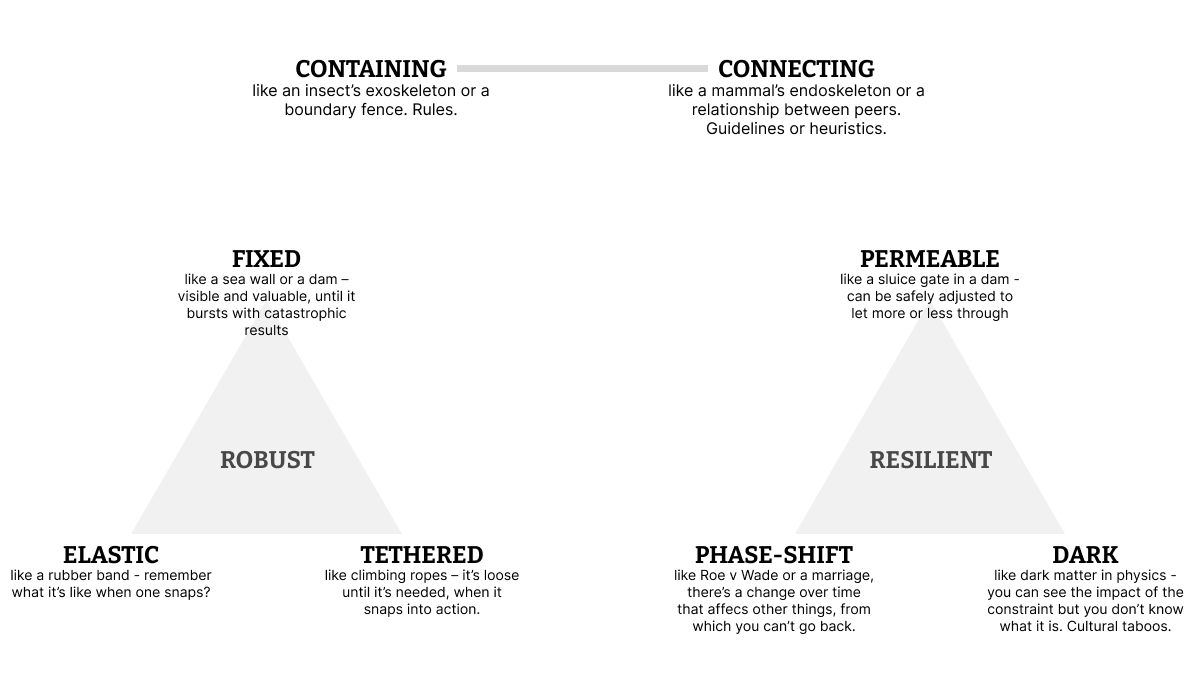
In the Estuarine Framework we use metaphors to come at the situation obliquely and increase the range of perspectives we view the situation from. The use of metaphor also increases cognitive load in the participants, which breaks us out of our usual patterns of thinking. And the process creates a very large number of data points at a fine granularity, so nobody’s able to see the big picture. This stops premature convergence.
Read Tom Kerwin's recap of this workshop and method in “A trip into the estuary.”
Values
This has been the week for values assessment. First, I stumbled across (and purchased, ahem, as I do) the Live Your Values card deck. Then—unrelated—I came across this article on 7 questions to help define your values.

ChatGPT: Possibility and Peril
I’m going to say this about ChatGPT (and LLMs in general). There is a lot of potential, but also a lot of peril if we don’t take the time to understand what LLMs are good—and not so good— at. Here’s a great, thoughtful, article on the peril side of things, as that needs a bit more attention: “ChatGPT Is Nothing Like a Human, Says Linguist Emily Bender.”
We’ve learned to make “machines that can mindlessly generate text… But we haven’t learned how to stop imagining the mind behind it.”
Whoa.
I also like the referenced move to relabel AI as SALAMI (an acronym for “Systematic Approaches to Learning Algorithms and Machine Inferences”):
Then people would be out here asking, “Is this SALAMI intelligent? Can this SALAMI write a novel? Does this SALAMI deserve human rights?”
Oh, and “Stochastic Parrots.” 😂 Good stuff.
Here's the ‘Octopus‘ paper referenced in the article: “Climbing Towards NLU: On Meaning, Form, and Understanding in the Age of Data.”
And… putting human (or humanity) centered design back into the conversation:
Near the end [of a debate], they came to their deepest disagreement, which is not a linguistic one at all. Why are we making these machines? Whom do they serve? Manning is invested in the project, literally, through the venture fund. Bender has no financial stake. Without one, it’s easier to urge slow, careful deliberation, before launching products. It’s easier to ask how this technology will impact people and in what way those impacts might be bad. “I feel like there’s too much effort trying to create autonomous machines,” Bender said, “rather than trying to create machines that are useful tools for humans.”
A RACI alternative
If you've tried RACI, and found it didn't quite work in practice, here's an alternative: The AAI Framework.
Read about this alternative in “Manage stakeholders more effectively with AAI, not RACI.”
Capping a meeting
Such a simple, but effective way to end meetings: “Horizons: My Go-to Method for Wrapping up A Session”



